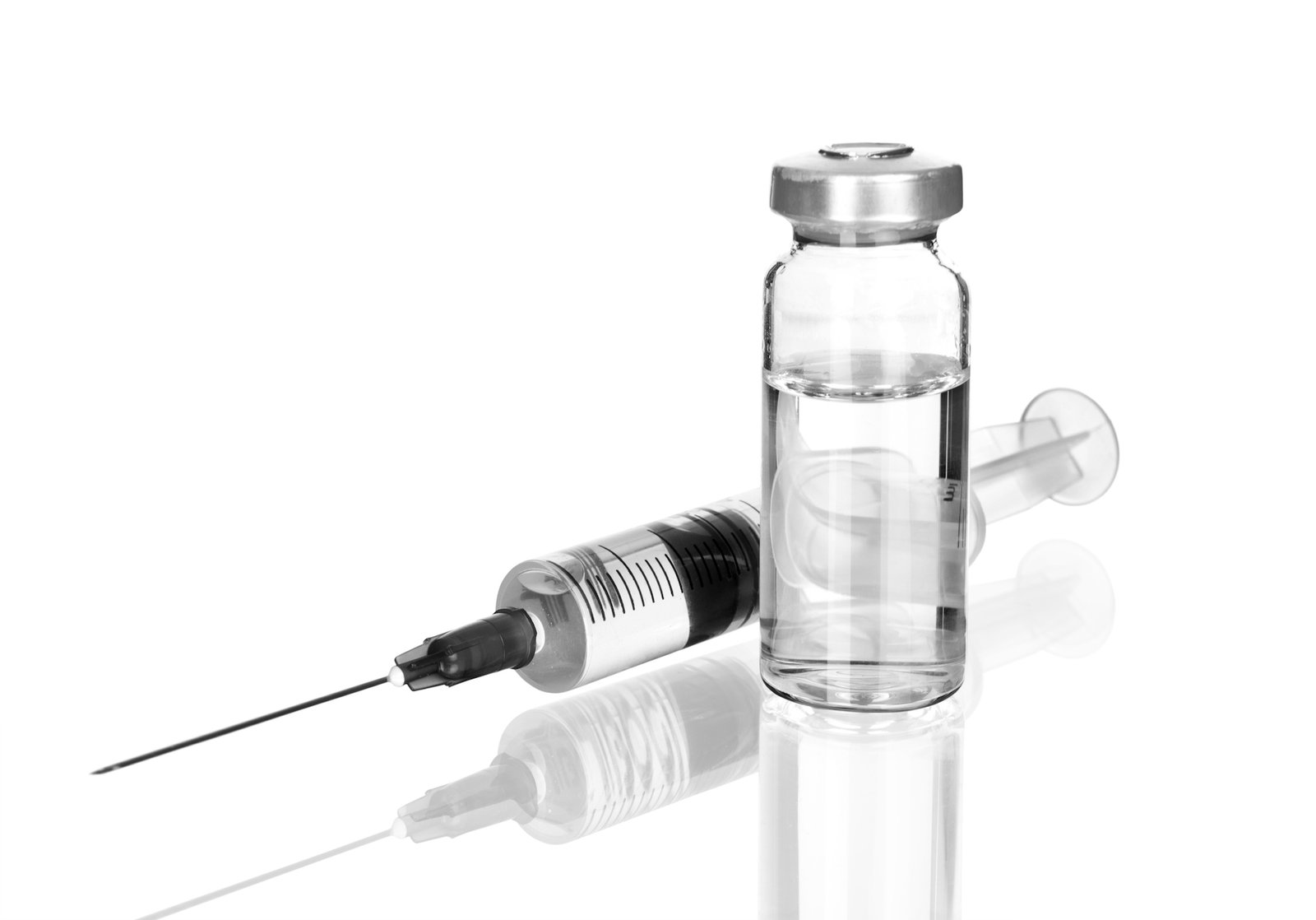
image credit- shutterstock
The researchers from the Sydney Institute for Infectious Diseases at the University of Sydney, UNSW Sydney’s Kirby Institute and the University of Melbourne’s Doherty Institute in Australia have conducted an analysis that can help inform the COVID-19 response by identifying an ‘immune correlate’ of vaccine protection.
This is the first and largest study to predict protection against variants using neutralising antibodies, and it provides insights that can inform vaccine rollouts. The findings were published in Lancet Microbe.
One of the authors of the study, Professor Jamie Triccas from the University of Sydney says this research is crucial because it shows that we can predict vaccine efficacy from a relatively simple laboratory test.
The researchers found that antibodies induced by infection or vaccination were less protective against the variants of concern, and that over time, there was a drop in neutralising antibodies, and these changes could be used to predict vaccine efficacy.
“We are now doing further work to confirm these predictions and particularly to examine how well existing vaccines will protect against severe COVID-19 disease over the longer term,” said the researchers.




